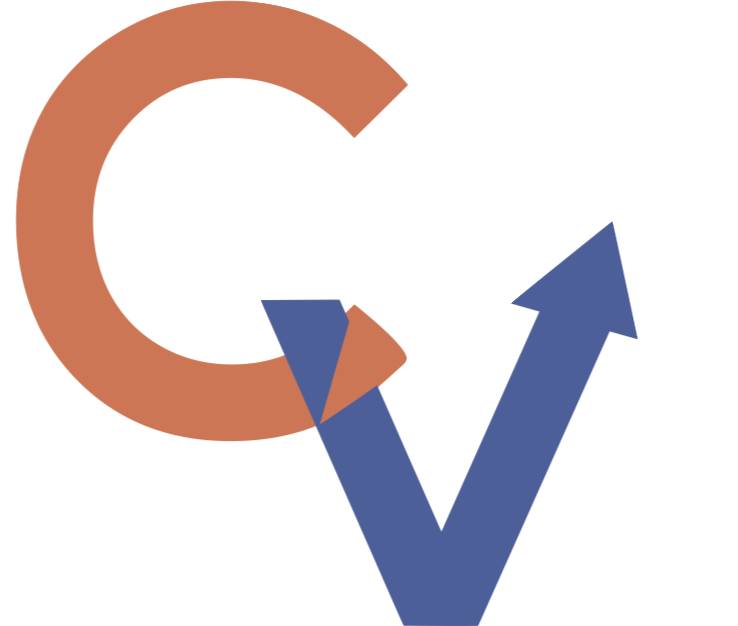This is not okay
It shouldn’t be surprising to me, but it still is when I hear about toxic things happening at work these days – after everything we’ve been through in the past two years.
I can’t tell you how many times recently a friend or client has shared something with me that’s happened at work and I say, “that’s not okay.” I’ve had conversations with leaders who are also saying that in reaction to what’s happening in work environments.
FlexJobs’ 2022 Work Insights Survey found that a toxic work culture was the top factor influencing people’s decision to quit (62%).
This podcast How Toxic Work Cultures are Driving the Great Resignation outlines five primary elements of a toxic culture:
Exclusion
Disrespect
Low integrity
Cut-throat environment
Abusive managers
One of the most poignant statements in the podcast was: “Your boss has a bigger impact on your health than your doctor.” I find that so true and so powerful.
While it’s true that one thing may be okay for you and not okay for me, the issue is that we need to be aware that what we see as okay may not be okay to someone else.
Many leaders are going back to business as usual, applying zero lessons from the pandemic. This is not okay. Things have shifted. The world has changed. Most people are trying to pivot and figure out how to work to live, not live to work. And if they live to work, it’s going to be something that they are passionate about, that drives them, and on their own terms as much as possible.
What does this mean for leaders and individual contributors?
You need to determine what is happening in your organization – processes, practices, rules, management – that are not okay and fix it. Ignoring all of this will kill your company. We already see it as traditional companies that are not adapting to changes in the way we work are losing people left and right and are having trouble finding new staff. If you're not in a position to make a change, find the right people to talk to and push your ideas up the chain. Or make small, incremental changes day to day in the way you approach things.
People first is the future of work. If you’re not designing your systems to reflect that, you’re going to have a problem attracting and retaining top talent. You can no longer rely on ping pong tables or promises of long-term security or retirement pensions to get the best people.
What can you do to make things okay?
Photo credit: Maria Cortes
